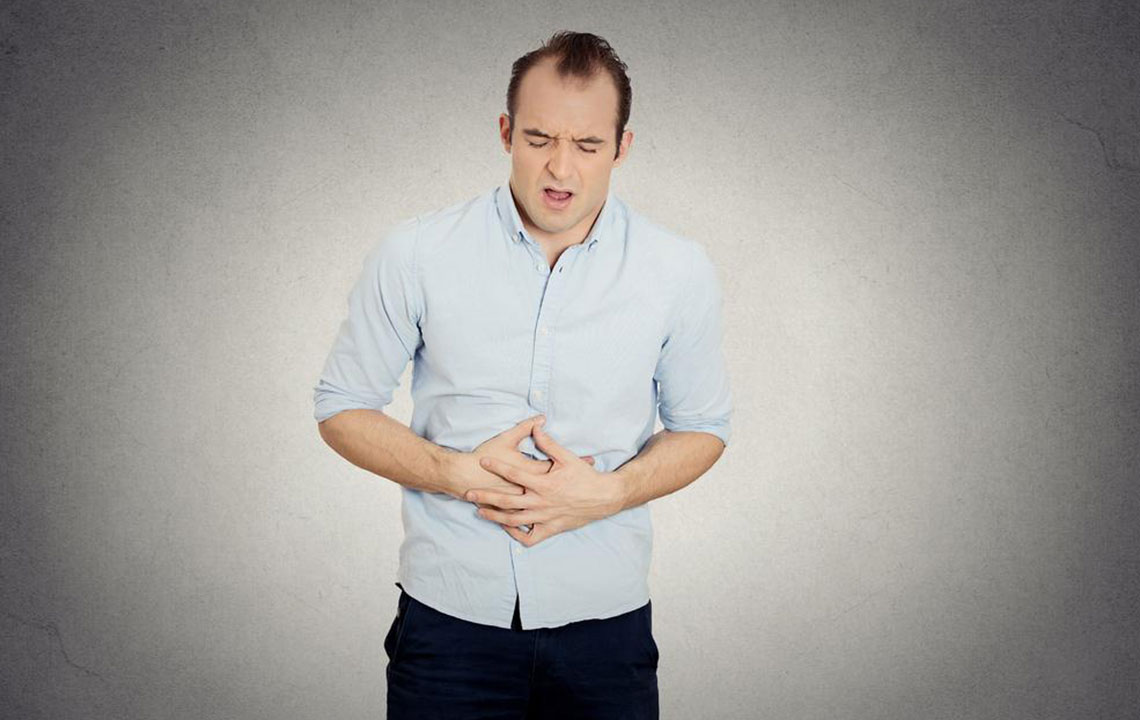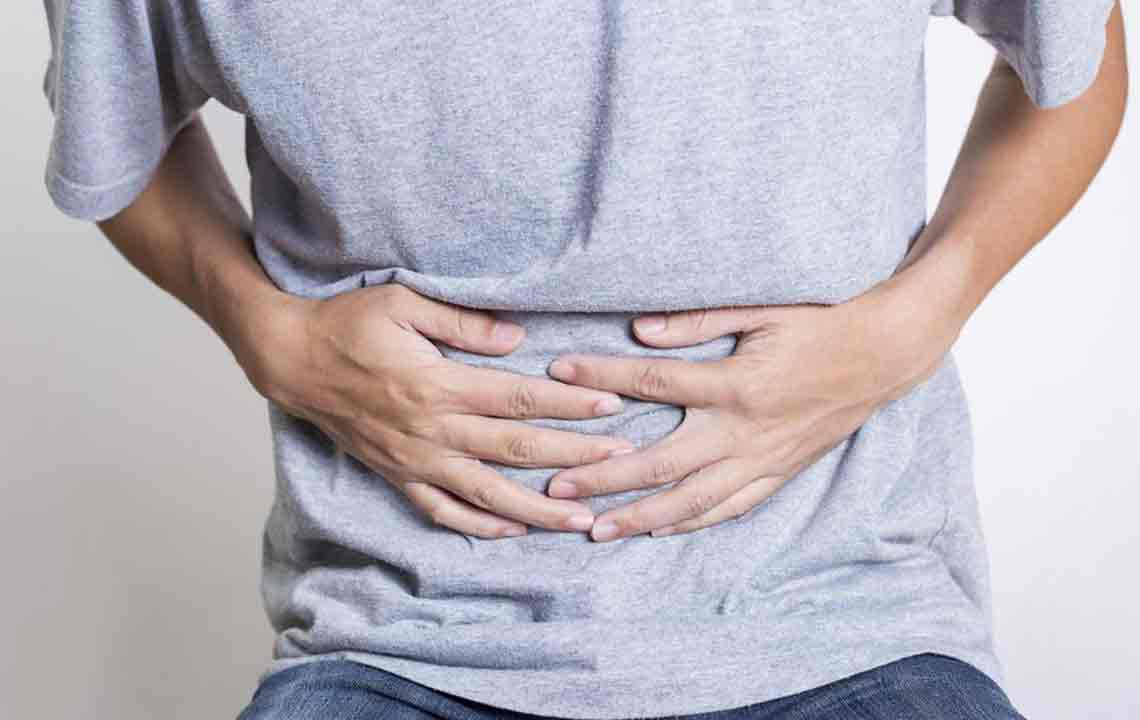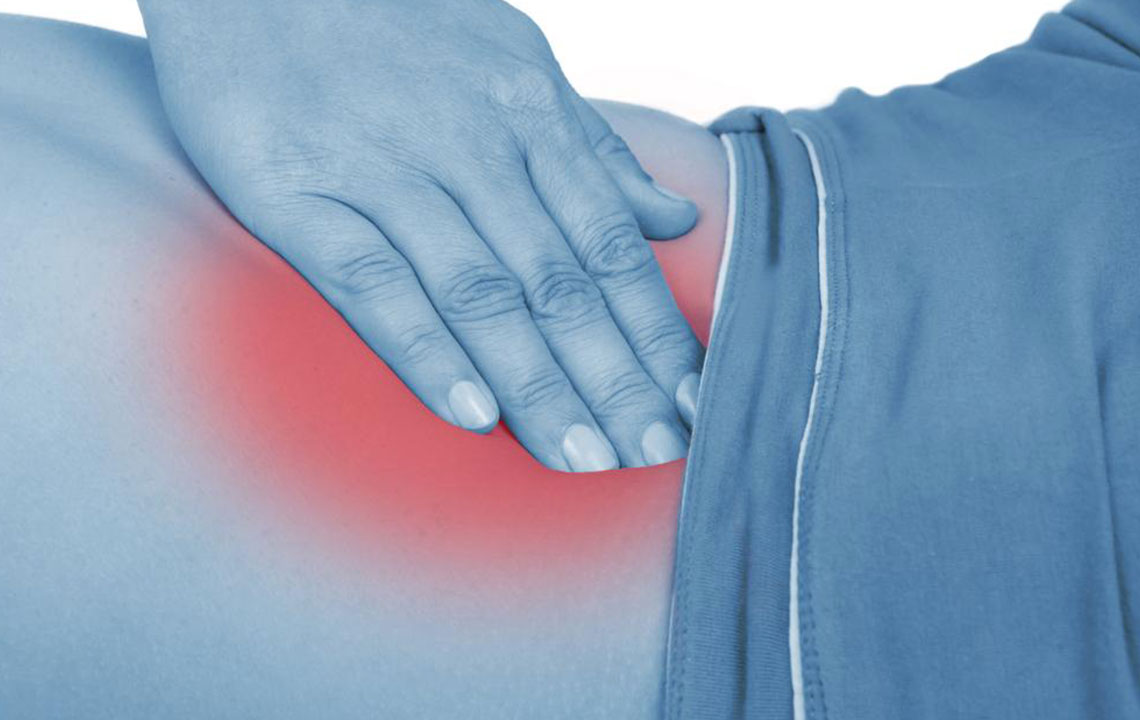Comprehensive Guide to Managing Diarrhea: Causes, Types, and Effective Remedies
This comprehensive article explores the causes, types, and effective treatment strategies for diarrhea. From understanding different diarrhea types like osmotic and secretory to essential remedies such as hydration, probiotics, and dietary adjustments, it provides valuable insights into managing this common condition. Proper knowledge helps in timely intervention and prevents complications, making it a vital resource for maintaining gut health and overall well-being.

Comprehensive Guide to Managing Diarrhea: Causes, Types, and Effective Remedies
Diarrhea is a widespread health concern that impacts millions of individuals across the globe. It ranks as the second most common ailment after the cold and often occurs during childhood, with most people experiencing at least one episode by the age of 15. This condition results from disturbances in the digestive tract, leading to frequent, watery bowel movements that can cause discomfort and dehydration. Understanding the various causes, types, and appropriate remedies for diarrhea is essential for effective management and maintaining overall gut health.
Several factors contribute to the onset of diarrhea, ranging from lifestyle choices to underlying medical conditions. Recognizing these factors can help in preventing episodes and determining suitable treatment strategies. Key causes include:
Excessive alcohol consumption which irritates the gastrointestinal lining
Food allergies or intolerances that trigger immune responses
Diabetes mellitus, which can affect gastrointestinal motility and absorption
Inflammatory bowel diseases such as Crohn’s disease and ulcerative colitis that cause chronic inflammation
Bacterial infections like Salmonella, E. coli, and Campylobacter that infiltrate the digestive system
Laxative overuse which disrupts normal bowel functions
Certain medications, including antibiotics and chemotherapeutic agents, that interfere with gut flora
Hyperthyroidism leading to increased gastrointestinal motility
Radiation therapy targeting abdominal or pelvic tumors
Previous digestive surgeries affecting normal absorption and motility
Malabsorption syndromes such as celiac disease and lactose intolerance
Types of Diarrhea
Osmotic diarrhea: This type occurs when the intestine cannot absorb certain substances like sugars, sugar alcohols, or minerals. Consuming high-fructose foods or artificial sweeteners often triggers it. Symptoms often decrease upon fasting or reducing intake of these substances.
Secretory diarrhea: Caused by infections that release toxins, prompting the gut lining to secrete excess water and salts into the stool. This leads to persistent watery diarrhea that can cause significant dehydration if not managed promptly. Maintaining proper hydration is crucial.
Exudative diarrhea: Characterized by the presence of mucus, blood, or pus in the stool, typically stemming from inflammation or ulcers in the colon. Commonly associated with serious illnesses like inflammatory bowel disease, infections such as tuberculosis, or colorectal cancer. Medical diagnosis and intervention are often necessary.
Paradoxical diarrhea: Also known as fecal impaction, this occurs when a hardened stool in the rectum causes a partial blockage. Liquid stool leaks around the impacted mass, often presenting as diarrhea despite underlying constipation. This condition usually requires medical treatment to resolve.
Persistent or recurrent diarrhea necessitates targeted remedies to alleviate symptoms and address underlying causes. Key strategies include:
Maintaining Adequate Hydration
Dehydration poses a significant risk during diarrhea episodes due to excessive fluid loss. It is vital to replenish lost fluids through drinking water, oral rehydration solutions, or broths. For infants and young children, breast milk or pediatric electrolyte solutions are beneficial. Older adults should ensure consistent hydration to support immune function and prevent complications like electrolyte imbalances.
Incorporating Probiotics
Probiotics introduce beneficial bacteria into the gut, promoting healthy microbiota balance and aiding in recovery. Consuming probiotic-rich foods or supplements can help restore gut flora disrupted by infections or medications. Examples of probiotic foods include:
Aged cheeses
Cottage cheese
Dark chocolate
Olives
Pickles
Sourdough bread
Kimchi
Yogurt
Medicinal Treatments
Over-the-counter medications such as loperamide or bismuth subsalicylate can provide relief for acute diarrhea episodes. However, it is essential to consult a healthcare professional before use, especially in children or if symptoms persist. Chronic diarrhea warrants medical evaluation to identify and treat underlying conditions. Infants younger than three years should see a healthcare provider immediately if they exhibit diarrhea symptoms.
Nutritional and Dietary Modifications
Even when appetite diminishes, maintaining proper nutrition is crucial. Light, easily digestible foods help ease symptoms. Focus on low-fiber options like bananas, white rice, applesauce, and plain toast, which are gentle on the stomach. Other beneficial foods include oatmeal, baked potatoes, and chicken broth or soup.
Foods and Beverages to Avoid
To prevent aggravating diarrhea, steer clear of fatty, greasy foods, dairy products (if lactose intolerant), caffeine, alcohol, artificial sweeteners, and spoiled or contaminated foods. These can worsen symptoms or prolong recovery.
If diarrhea persists beyond a few days, or if symptoms worsen, it is essential to seek medical attention promptly. Underlying conditions such as infections, inflammatory diseases, or even malignancies require professional diagnosis and tailored treatment plans to ensure complete recovery.





